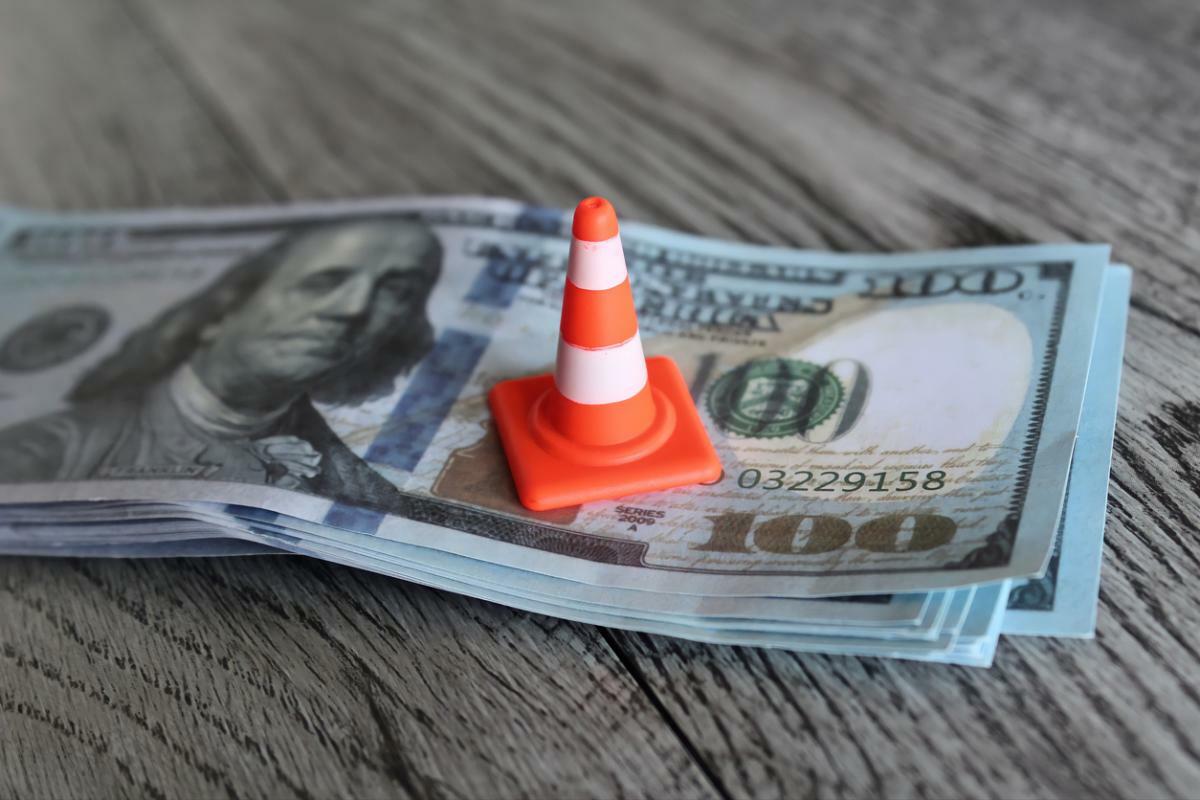 The paid fine or conviction can significantly affect speeding tickets and insurance premiums.
The paid fine or conviction can significantly affect speeding tickets and insurance premiums.
Many California drivers wrongly assume that paying the fine for a speeding ticket will make the problem go away. They fail to consider the rise in insurance premiums with a paid fine.
When you pay the fine, the DMV will assess one negligent operator treatment system (NOTS) point for three years for speeding less than one hundred mph. Over 100 mph is a major infraction and requires two NOTS points for seven years.
Since the average Californian pays $2290 annually for auto insurance, according to Bankrate, your insurance premium at renewal could be $687 more for three years than before the paid fine.
If you are not eligible for traffic violator school attendance, your insurance provider will remove your “good driver’s discount” of 20% and add the inherent risk according to your mph over the speed limit or safe driving speed.
That typically results in a 30 to 32% increase in your insurance premium. Therefore, if your premium is $2,290 annually, your new premium will be $2,977 or $3,022.80 per year.
That is the average auto insurance premium in CA. However, yours could be much less if you don’t have full coverage or much higher if you have a teen on your policy.
How Can I Avoid Speeding Tickets and Insurance Premium Increases
Always obeying the speed limit or reducing speed during inclement weather is usually a sure way to avoid speeding tickets. However, law enforcement officers (LEO) and speed measuring devices make mistakes. Especially when a RADAR or LIDAR device is not calibrated properly, or the LEO is not fully trained on the use of these devices.
CA Vehicle Code (VC) 22350, Speed Laws, defines speeding as:
“No person shall drive a vehicle upon a highway at a speed greater than is reasonable or prudent having due regard for weather, visibility, the traffic on, and the surface and width of, the highway, and in no event at a speed which endangers the safety of persons or property.”
Therefore, going the speed limit could be viewed by law enforcement as speeding when weather and road conditions do not support that speed.
Likewise, a seasoned patrol officer might be given the latitude to “estimate” your speed during inclement weather when pacing might be too dangerous, or a RADAR or LIDAR device might not be accurate.
Speeding during inclement weather is typically more difficult to dispute, as the judge will side with the experienced officer unless you have experienced legal representation who can dispute the LEO’s version of circumstances.
Also, a knowledgeable traffic attorney can subpoena the LEO’s statement, training records, and the speed measurement devices’ calibration record.
Consult with Bigger & Harman About Speeding Tickets and Insurance Premiums
If you need advice about speeding tickets and insurance premiums before an arraignment in Hanford Courthouse in Kings County, contact the office of Bigger & Harman, APC, at (661) 349-9300.
Typically, you cannot plead not guilty and have the judge hear your case on the same day as the arraignment — especially when the court is busy. The judge will typically schedule you to return on another day. Therefore, you could miss two days of work or school without legal representation.
We do not require the driver to be present in court, and we always use a flat fee so that you pay the same price regardless of how many court appearances we need to make to resolve your ticket.
Use the convenient online contact form or email attorney@biggerharmanlaw.com.
Se habla Español (661) 349-9755.
References:
The CA Driver Handbook English y Español.
CA VC 22350, Speed Laws.
The Bankrate.com article, Average cost of car insurance in CA for 2023.
